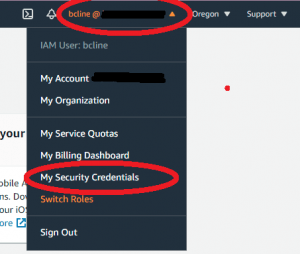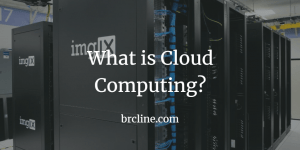If you have been working with technology for longer than a few weeks, you’ve probably heard about using “cloud computing” or “cloud providers”. Cloud computer is dramatically changing technology departments all over the world.
Traditional data centres consisted of large amounts of hardware that were connected to a network and generally was on the same premises as the users or employees. The internet started a really big switch to having the hardware remote and closer to the users that would use it.
Traditional computing involved spending very large sums of money on servers and then providing them the needed space at your premises, providing electricity and cooling. Not to mention you need to staff to maintain the servers!
To a business this really large expense was known as a capital expense which means you are spending really large amounts of money in one shot and slowly depreciating the expenses through taxes. In a lot of companies, capital expenditures need to be approved by the C Suite or Board of Directors which means that moving forward with data centre construction can take a really long time.
In the late 1990s or early 2000s companies like VMWare launched with plans to virtualize operating systems which provided the way for servers to eventually be virtualized.
Cloud computing on the other hand is known as an operating expense (OpEx) because you pay for what you are using. In a cloud computing relationship the vendor does all of the hosting and all that needs to be done is provide an internet connection to reach it. The vendor typically provides some applications like data processing, load balancing, domain name service (DNS), identity managing and queuing.
You can read a lot more about Cloud Computing in my post “What is Cloud Computing“. There’s a lot of benefits of cloud computing for example: Access, Costs are generally much lower, the cloud is generally more performant and technologies are generally more productive.
Some cloud provides go really deep and offer entire platforms as a service while other cloud providers are just infrastructure as a service. Salesforce is a company that for example provides a platform as a service – the CRM is software and a platform.
AWS is generally an infrastructure as a service provider although they do offer some platforms. For example, AWS Connect – Cloud Call Center is a platform for call centres.




